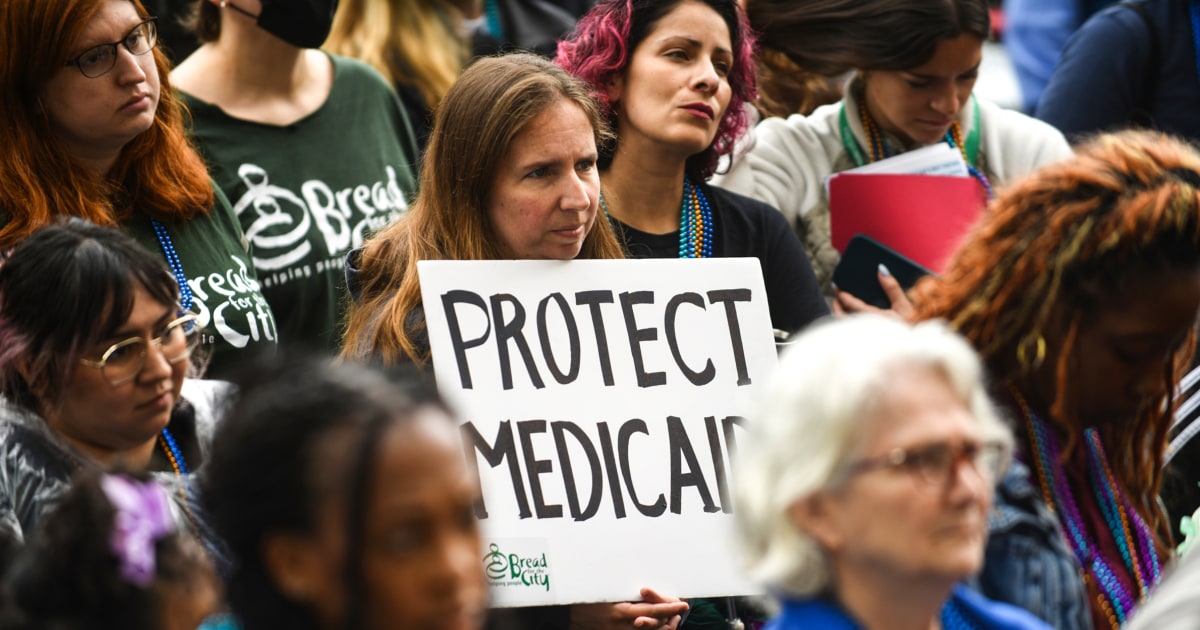
A recently passed bill by House Republicans has sparked concern among healthcare advocates and policy experts for its potential impact on Medicaid coverage. The legislation includes provisions such as work requirements for Medicaid recipients, a measure critics warn could lead to millions of Americans losing access to healthcare.
The proposed work requirement mandates that certain adult Medicaid beneficiaries must work, participate in job training, or complete community service to remain eligible for the program. While proponents argue that such measures encourage self-sufficiency and reduce government spending, opponents warn that they may disproportionately affect vulnerable populations—including low-income adults, people with disabilities, and those struggling to find stable employment.
Health policy analysts estimate that implementing work requirements could cause millions of individuals to lose Medicaid coverage. Many would likely fall through the cracks because of administrative hurdles, lack of awareness about reporting procedures, or an inability to meet the prescribed criteria despite efforts to comply.
Public outcry has followed the bill’s passage in the House. Healthcare advocates have organized protests and are urging the Senate to reject the measure, emphasizing that the proposed changes will undermine health access for those who need it most. They point to prior studies and pilot programs in some states, where similar requirements led to large numbers of people being removed from Medicaid rolls without significant gains in employment.
The bill’s fate remains uncertain as it moves to the Senate, where opposition among Democrats and moderate Republicans could impede its progress. Meanwhile, healthcare providers and community organizations are preparing for potential disruptions and are advocating for policy solutions that prioritize accessible and equitable healthcare coverage.
The discussion surrounding Medicaid work requirements is part of a broader debate on the future of public health programs and the role of government in ensuring access to care for economically disadvantaged populations. As the legislative battle continues, its outcome could have enduring impacts on the nation’s healthcare landscape.
Source: https:// – Courtesy of the original publisher.








